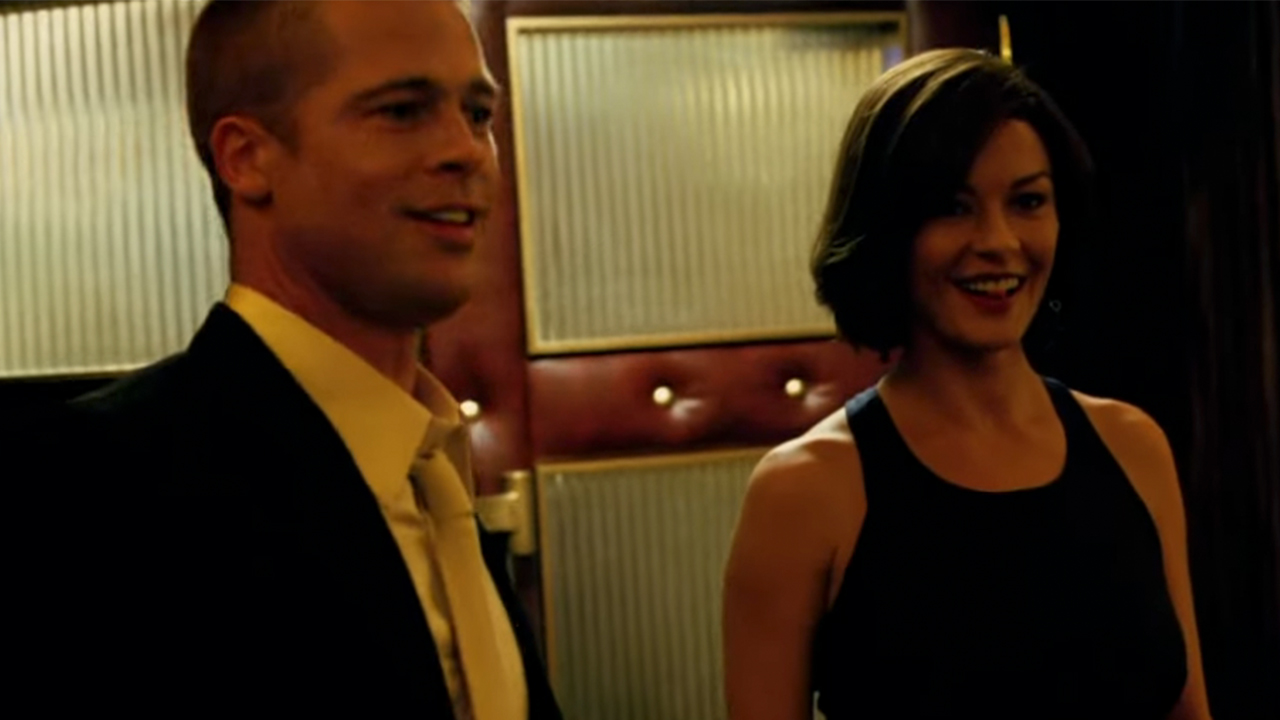5 Reasons Why I Think Jacob's Ladder Deserves Way More Credit As A Great '90s Horror Movie
Not all horror has to be about slashers or ghosts.
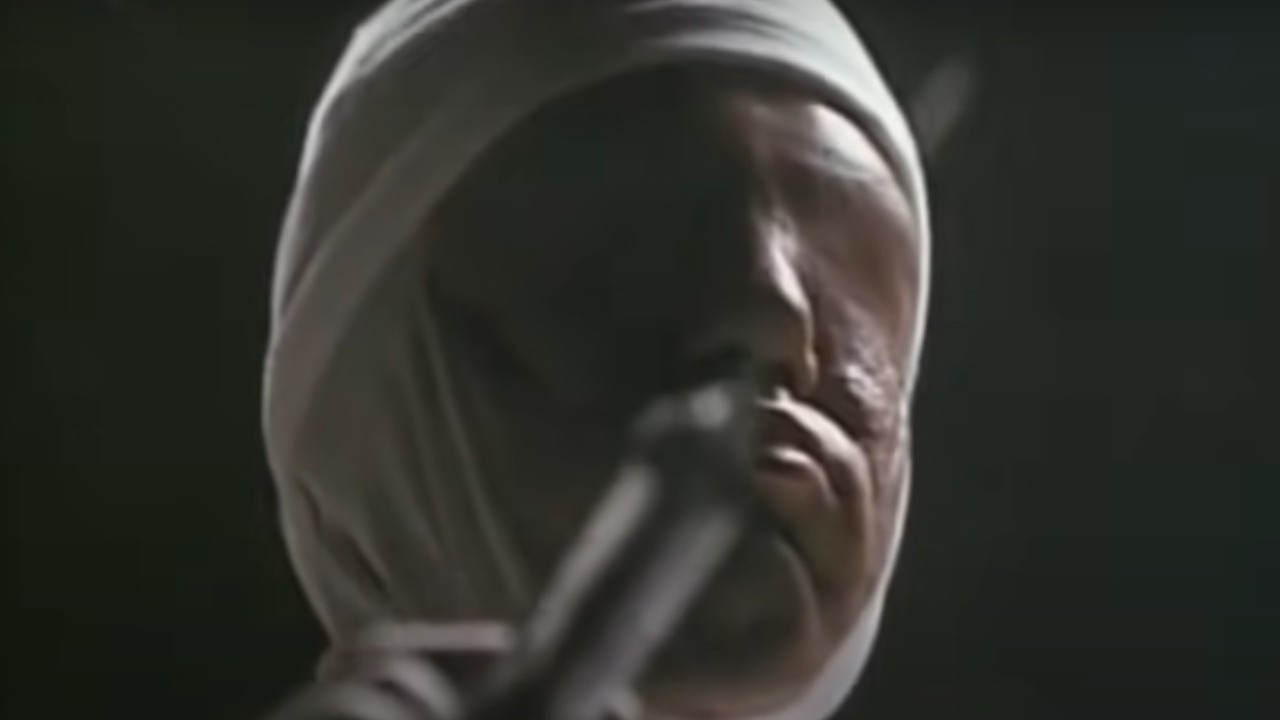
I love a great many movie genres, but if I had to pick a favorite, it would probably be horror.
I’ve discussed the greatest horror franchises before on this website, as well as contributed to our listing of the greatest horror movies of all time. However, one scary flick that we haven’t really talked much about on this website is the 1990 Tim Robbins movie, Jacob’s Ladder.
The ‘90s were a great time for horror movies (with a lot of them terrorizing our childhoods if you’re of a certain age). But, I think Jacob’s Ladder often gets overlooked, and I aim to rectify that.
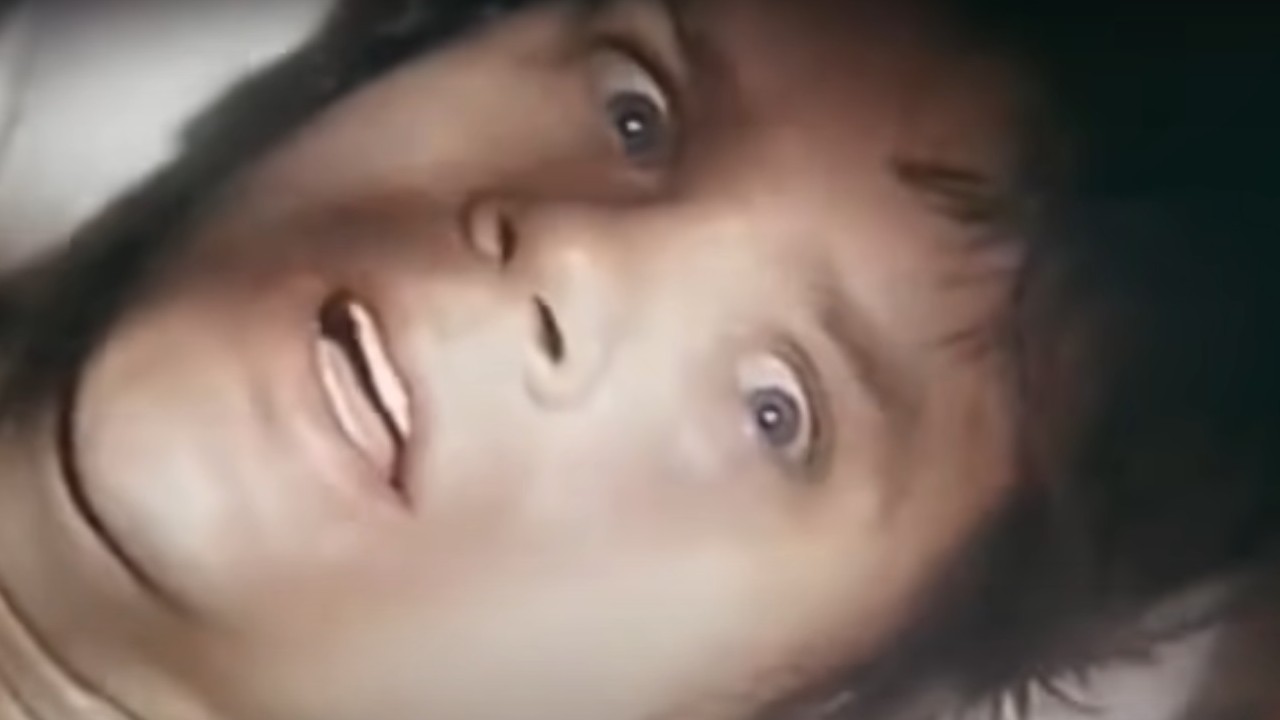
It Is The Purest Form Of Psychological Horror
Quite recently, I wrote an article about Jennifer Lopez, and one of the movies I mentioned in her lengthy career was the 2000, psychological sci-fi thriller, The Cell. In the film, through means of technology, J.Lo’s character journeys inside the mind of a killer in order to help locate his latest victim, and yeah. That is pretty much the most on-the-nose example of a “psychological” thriller, in that the characters are literally going inside the psyche of a maniac.
That said, when I think of a psychological horror movie, I typically envision films concerning characters with deep-rooted trauma, or frazzled mental states. Movies like The Shining, or The Babadook instantly come to mind.
So, with that being said, I think that Jacob’s Ladder might be the purest form of psychological horror that I’ve ever seen. In the film, we follow a protagonist who is suffering from events in his past that are constantly shifting and reshaping the world around him.
Jacob Singer is a Vietnam veteran, you see. But, unlike John Rambo, who is still mentally fighting the war, and takes it out on the people trying to hunt him down, Jacob doesn’t have the capacity to fight back. And, that’s because the “people” who want to hurt him are not really people at all. Instead, they’re horrific visions haunting and confusing him.
Your Daily Blend of Entertainment News
Both Rambo in First Blood, and Jacob in Jacob’s Ladder, are victims of sorts. However, what makes First Blood an action thriller, and Jacob’s Ladder a psychological horror movie is that Jacob is powerless. In fact, he’s struggling to comprehend what is even happening to him.
It's all very deep stuff, and horrific in a way that most other horror movies don’t even touch.
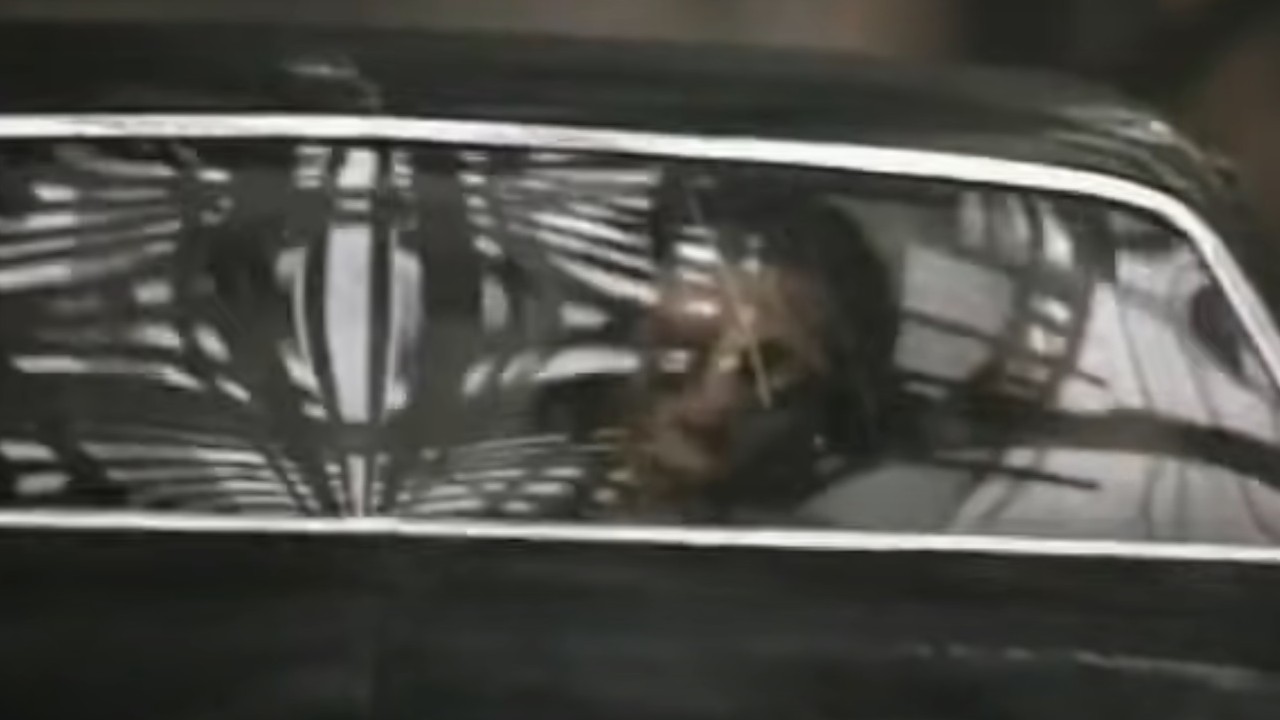
It Dealt With Topics Like PTSD And The Horrors Of War In A Nuanced Fashion
As mentioned earlier, Jacob Singer is a Vietnam vet, and we’re introduced to his character in the midst of the war.
An attack happens, which would already be a quite startling way to begin a movie, but what’s even more disturbing is that the soldiers start acting erratically, almost flying into an uncontrollable rage.
Jacob ends up getting gutted by a bayonet, and then we’re jettisoned to New York City, where we’re bombarded by bizarre, disorienting images that are disturbing from the get-go.
Last year, we ran a story on the best war movies, but we mostly picked what might be considered “traditional” war flicks, like Dunkirk, or The Deer Hunter. But, Jacob’s Ladder is very much a war movie, as it deals with the resonating effects of PTSD, and what it means to come back from a war.
Yes, it’s portrayed in a way that is more akin to a descent into hell, as Jacob is wrestling for his soul. But, at the same time, the movie could be viewed as an allegory for returning from warfare, and not being able to comprehend the world anymore after experiencing hell on earth.
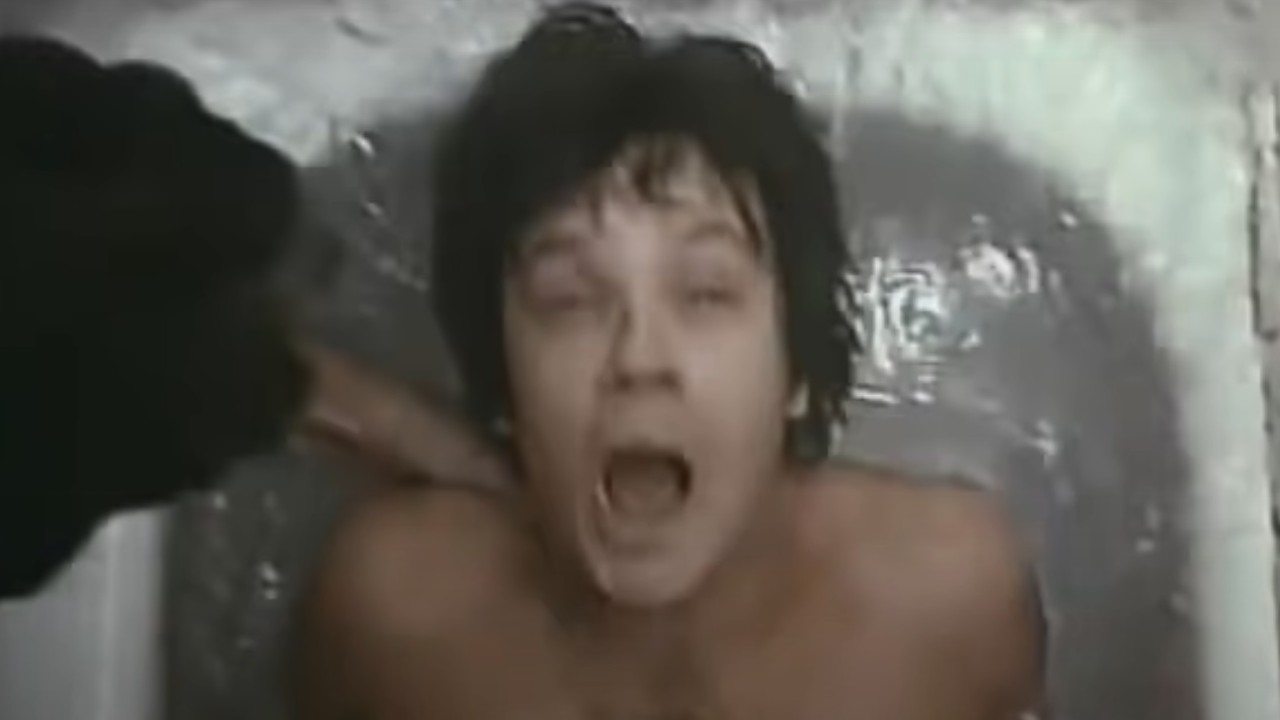
Tim Robbins Gives The Performance Of A Lifetime
Ask most people what their favorite Tim Robbins movie is, and they’ll likely tell you The Shawshank Redemption. And why not? The film is pretty much perfect. Personally, I’m more of a Mystic River/The Hudsucker Proxy man myself, but I can respect you if you think Andy Dufresne is his best role.
However, I’m going to go out on a limb and say that Jacob Singer is Tim Robbins’ greatest performance, as it’s just so nuanced and effective. Jacob is a man who is haunted, but also unnerved, and even angry. He doesn’t understand why people keep telling him that he’s dead, and he wants answers, but doesn’t know how to get them.
Every time he feels like he’s close, somebody dies in a car explosion, or people tell him that they don’t want anything to do with him. His girlfriend is trying to help him, but he also sees her as being demonic.
Robbins’ performance is fascinating here as he plays somebody who is squinting to make sense of what he’s seeing, only to realize that what he’s seeing really is just as bad as he thinks it is. It’s a powerful performance, but it gradually gets more and more intense throughout the entire film, which I’ll talk about next.
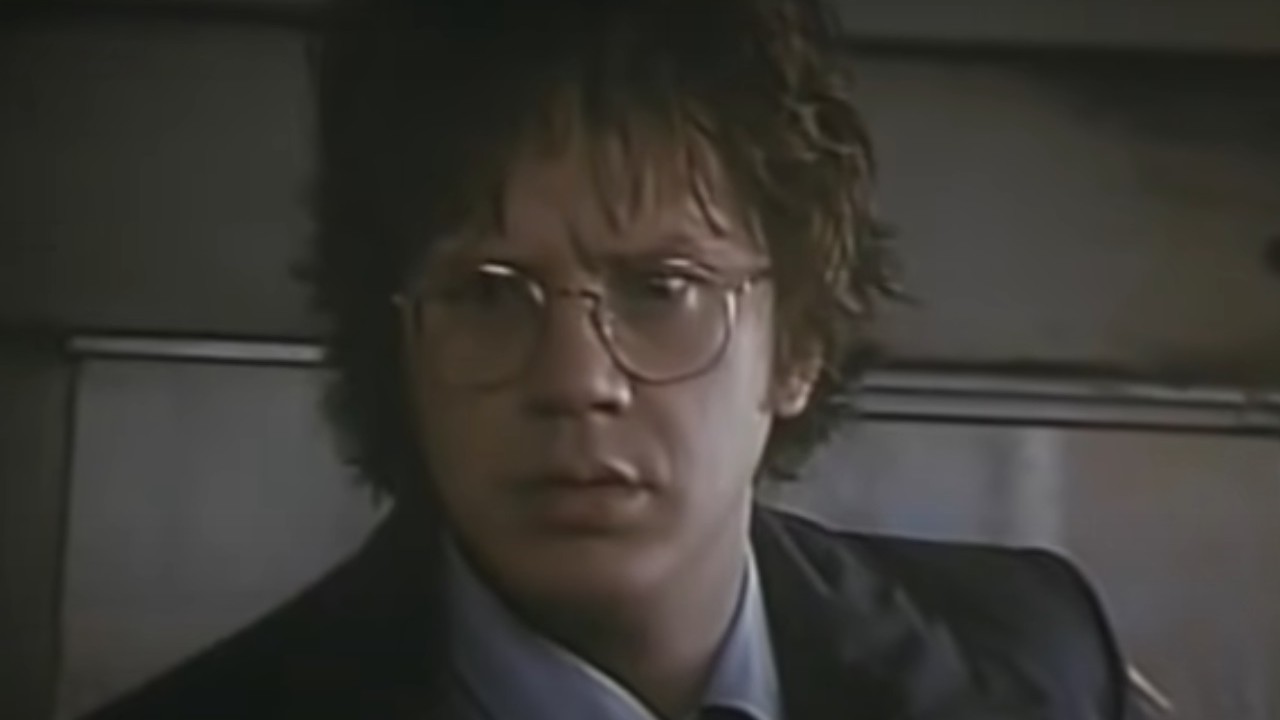
The Overall Sense Of Dread Becomes More And More Oppressive Throughout The Entire Movie
I would definitely include Jacob’s Ladder in a list of films that give me anxiety, which is strange, because this movie really takes its time. In fact, some might even view it as being a little slow, as there are long moments where things might seem normal, if not slightly off.
However, there is always something disturbing going on in the film that doesn’t stick out unless you’re really looking, like a tentacle hanging out of a homeless person, or strange faces on subway cars.
As the film progresses though, it gets worse and worse. At one scene, a monster penetrates his girlfriend, and in another, we see somebody’s face shaking rapidly and out of control.
What makes matters worse though is that we are seeing these things from Jacob’s perspective, so we truly experience the relentless hell he is going through, as the images get worse and more frequent throughout the movie.
This makes the film feel foreboding, and you’re never quite comfortable watching it. Even the score is oppressive and depressing.
Jacob’s Ladder is pretty much as dark as you can get, which might be why it’s been so inspirational over the years, namely to video games.
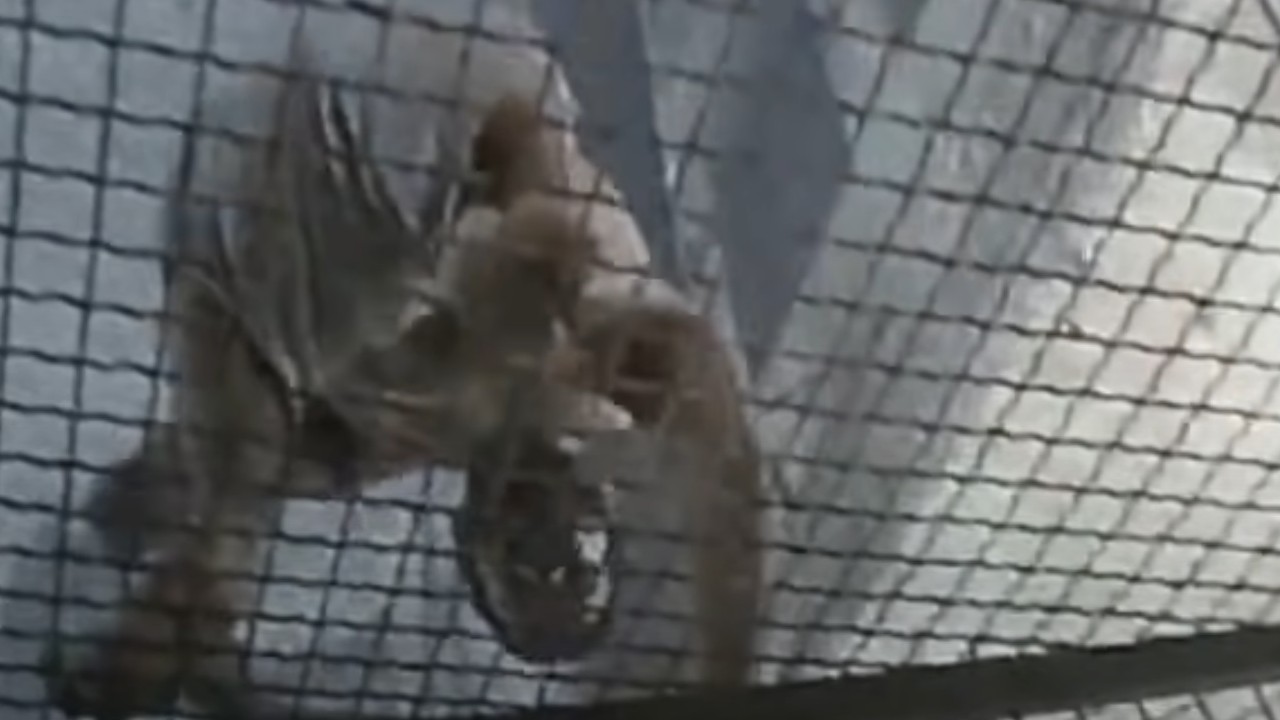
Without Jacob's Ladder, We Might Not Have Gotten Horror Games Like Silent Hill
I’m a big, big fan of the Resident Evil series, and I’ve watched all of the movies. That said, when it comes to horror in my video games, I’m much more of a Silent Hill man than a Resident Evil guy.
Yes, I know that a lot of the Silent Hill titles after 4 are questionable (And shut up. Silent HIll 4: The Room is good!), but Silent HIll 1-3 (and P.T., of course) are just so amazing, that I have to side with that brand of psychological horror.
Apparently, I’m not alone with my love of Jacob’s Ladder as Silent Hill legend Masahiro Ito, was greatly inspired by the film. In fact, he had this to say in a tweet:
If I had NOT gone to watch Jacob's Ladder to the theater, I wouldn't have made Other World school in SH1 like that, and the story of SH2 would have been different from that!July 9, 2019
So, there you have it. Silent Hill 2, one of the greatest video games of all time (which actually has a pretty boss remake out right now), likely wouldn’t have been the way it was if not for Jacob’s Ladder, which is just another reason why this movie is so good.
So, if you haven’t watched Jacob’s Ladder yet, you should definitely check it out. For information on more modern horror movies, be sure to swing by here often!
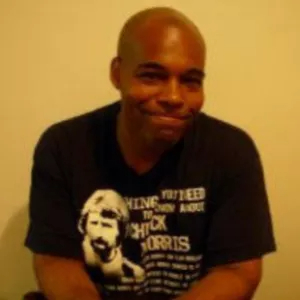
Rich is a Jersey boy, through and through. He graduated from Rutgers University (Go, R.U.!), and thinks the Garden State is the best state in the country. That said, he’ll take Chicago Deep Dish pizza over a New York slice any day of the week. Don’t hate. When he’s not watching his two kids, he’s usually working on a novel, watching vintage movies, or reading some obscure book.
